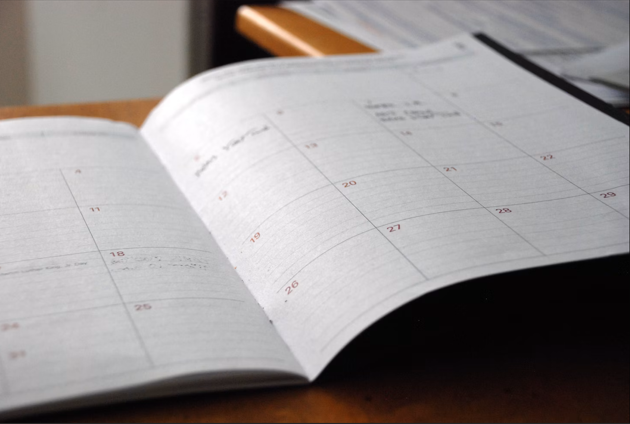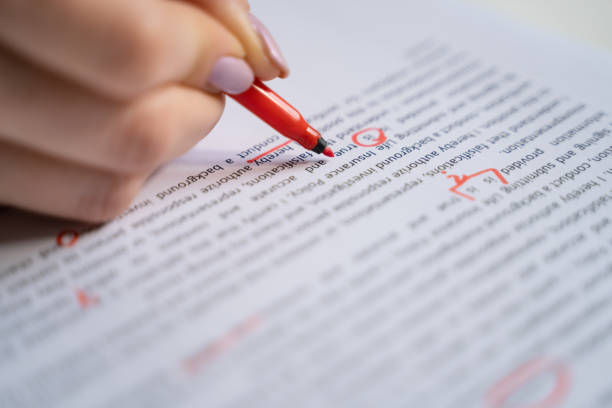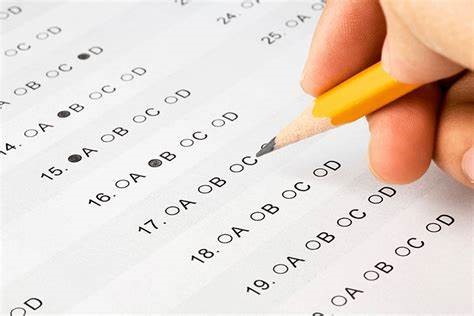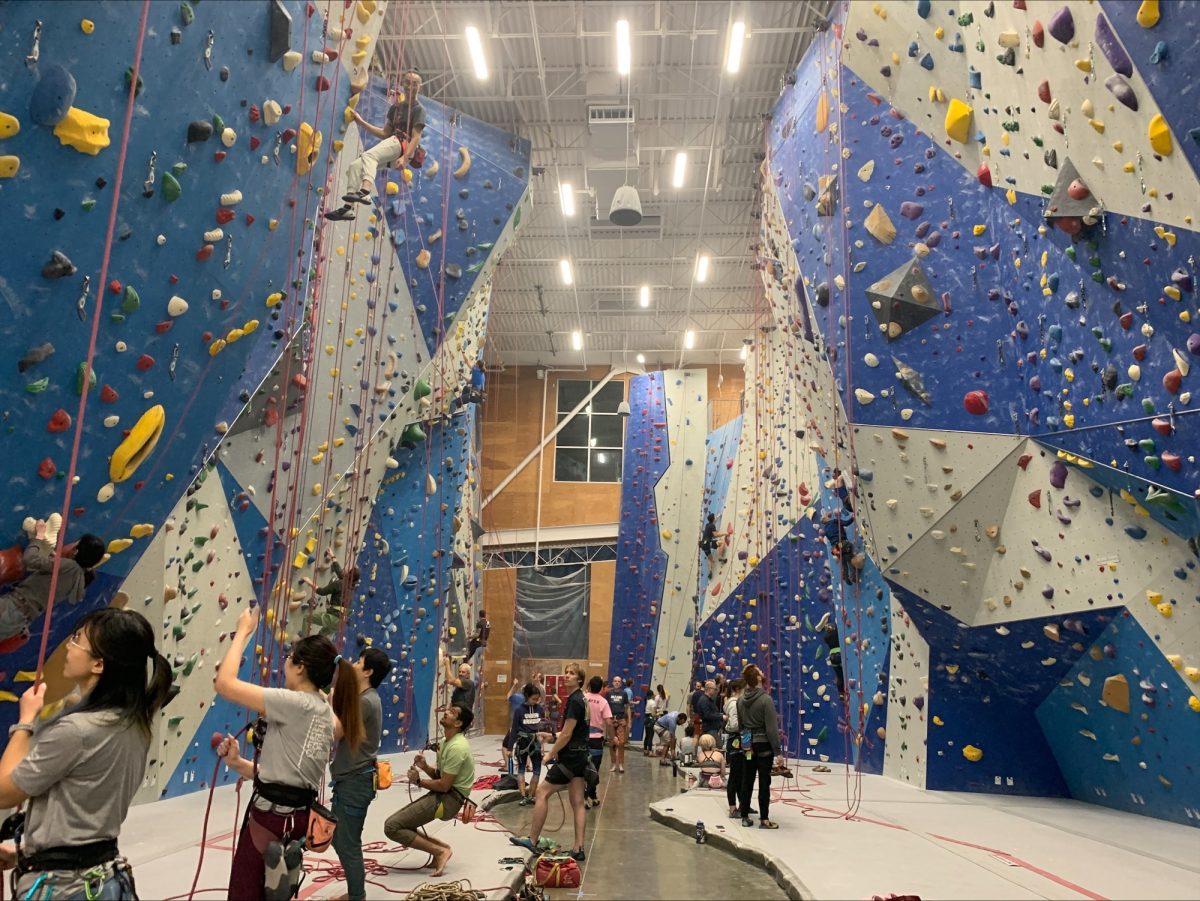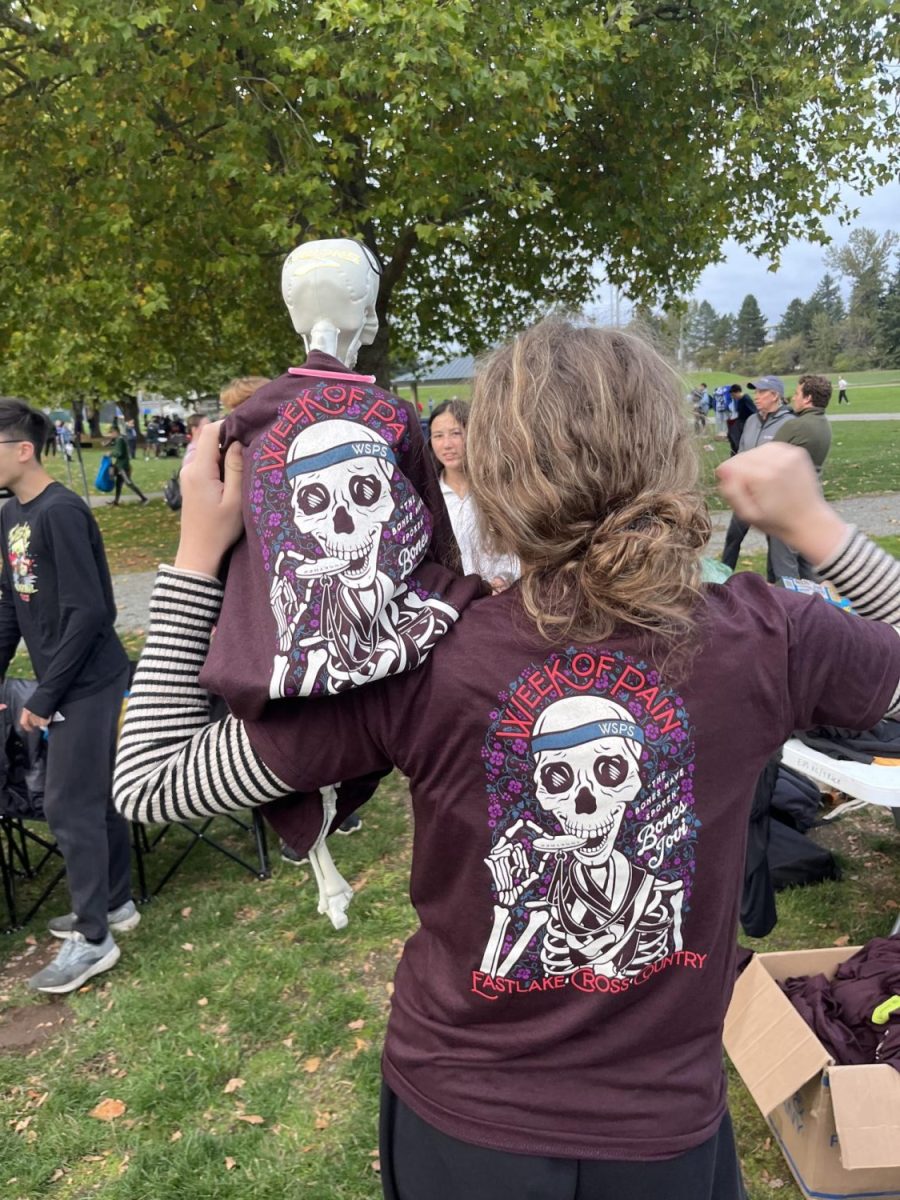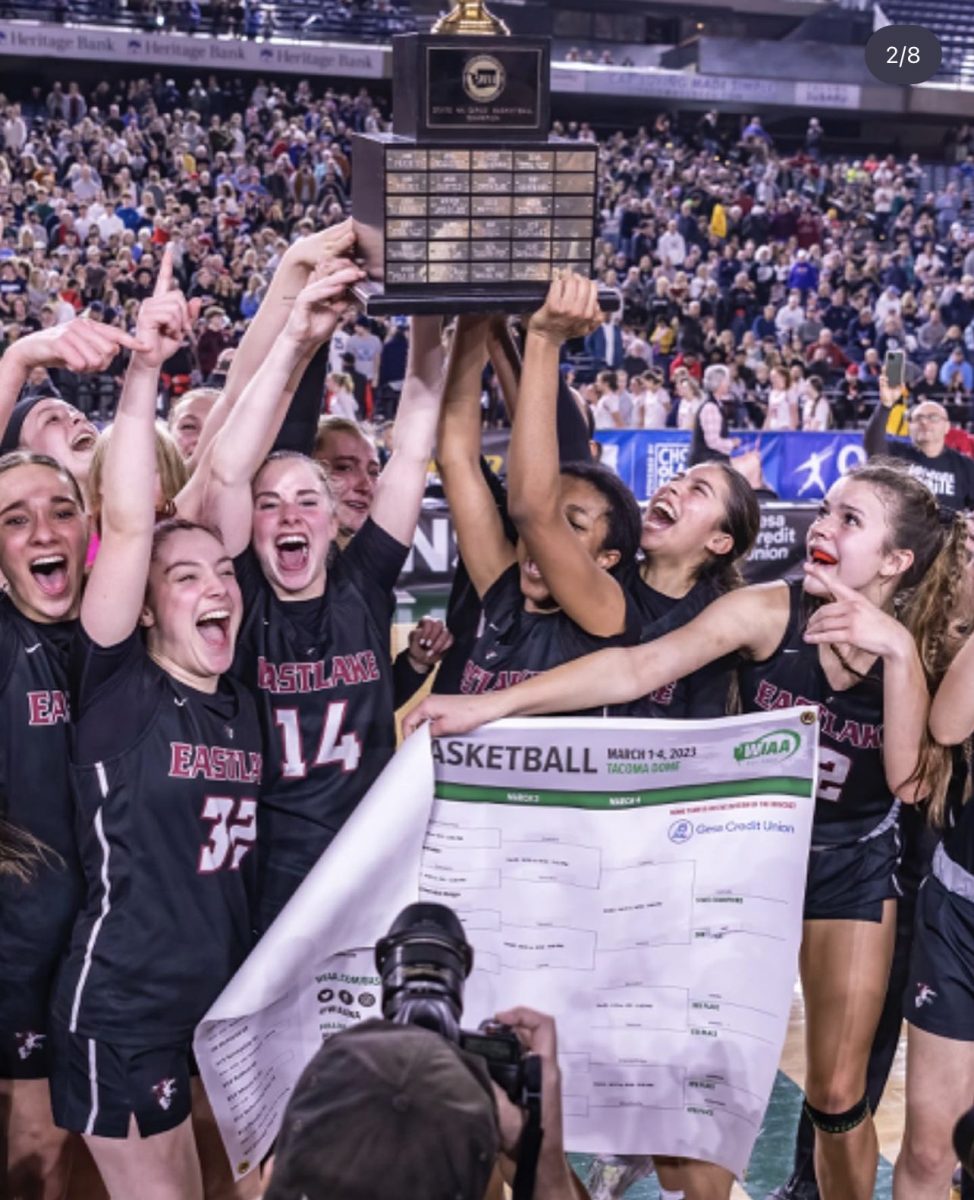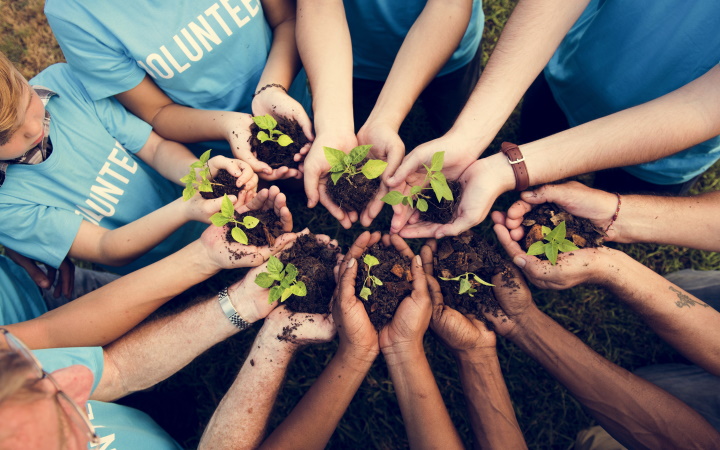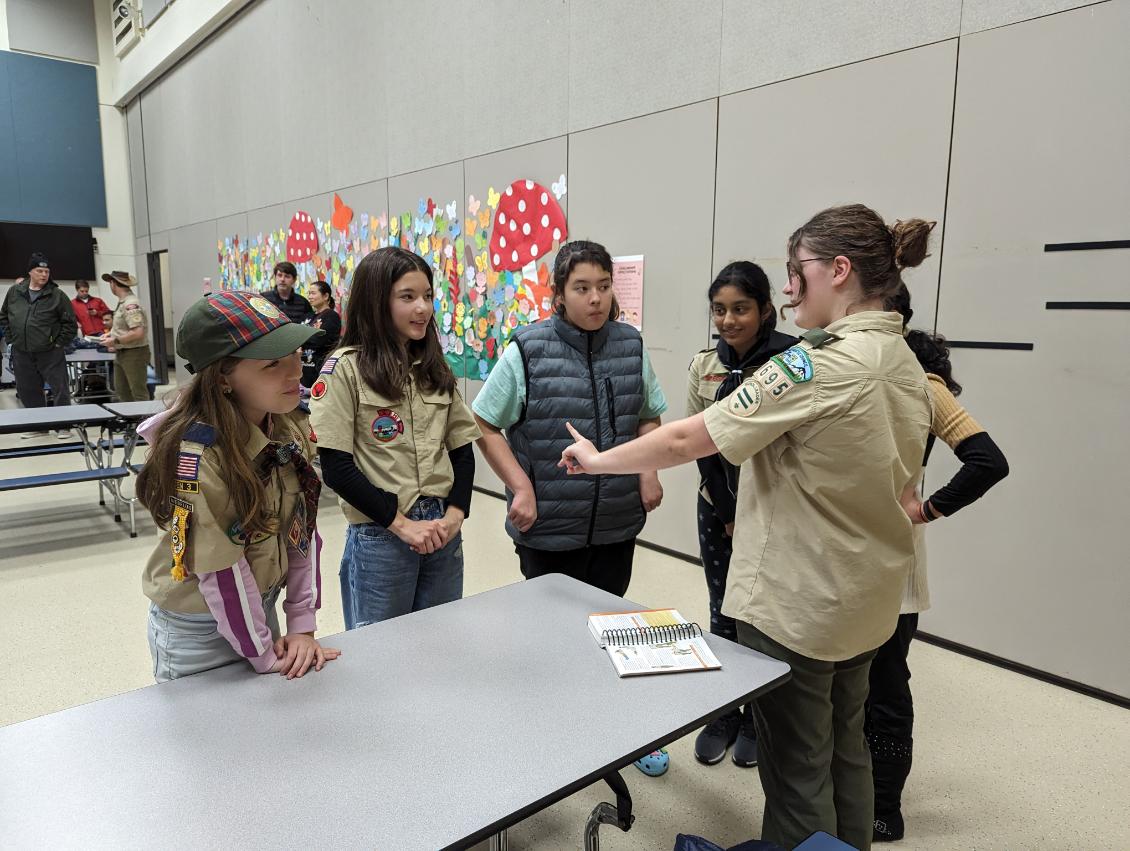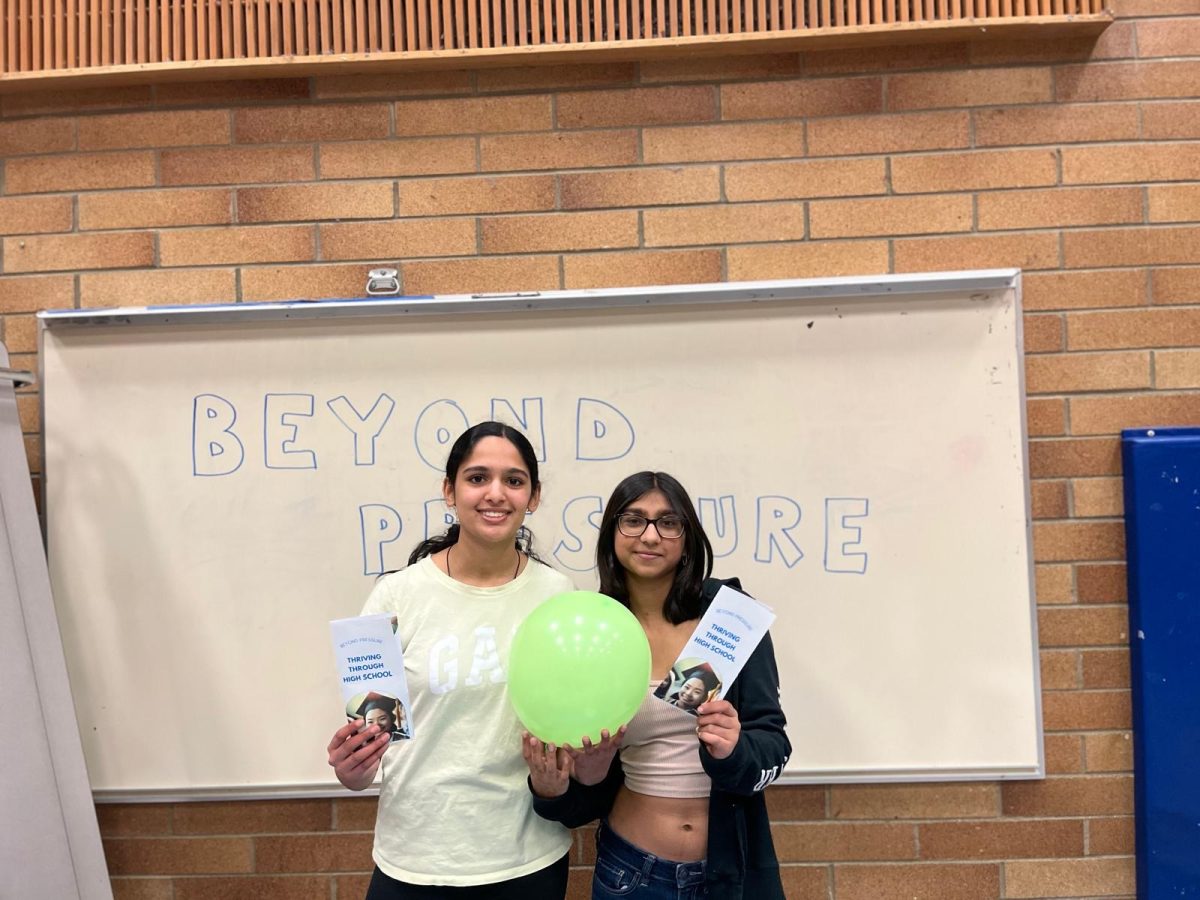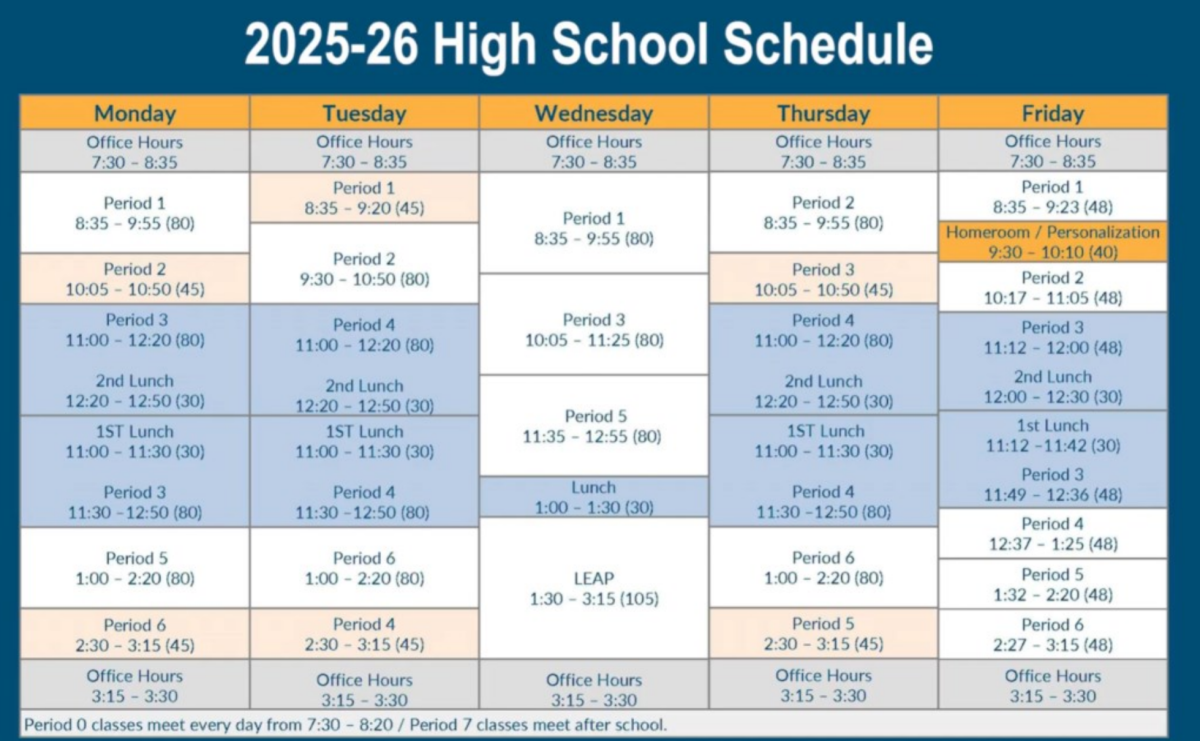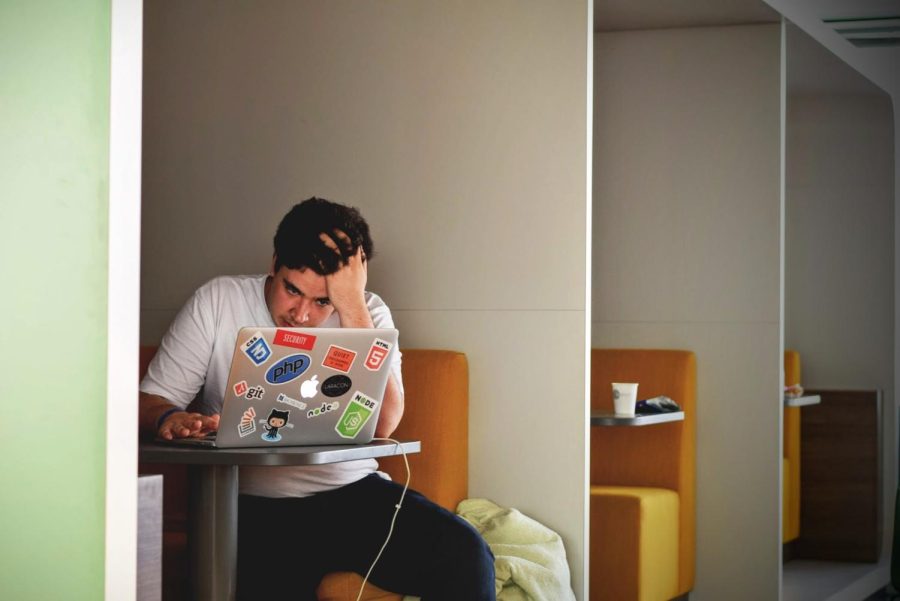The Sleep Epidemic: 72.7% of High School Students are Lacking Sleep
Jan 31, 2023
Picture this, it’s a Tuesday evening and you have an incredibly long essay to write. You start that essay only to realize your math test is also tomorrow. While you’re at it, that science lab that you were meant to finish a week ago seems to be rotting away in your one-drive. Soon enough 10 turns to 12 and 12 turns to 1, your French flashcards are piling up on your desk, you’re powering through on a pack of fruit gummies and a day-old iced coffee, and all of a sudden your 6:30 AM alarm is angrily beeping. Is this a nightmare? No. This is the reality for almost 66 percent of high school students who have pulled at least 1 all-nighter to complete assignments.
With school start times up in the air and 2nd semester on its way, many struggle to maintain a healthy sleep schedule. Study methods might take you far, but without proper sleep, food, and exercise your brain won’t go the extra mile. To boost your grades, physical health, and even your mental health, implement these simple habit changes, and your brain will lobe you (pun intended):
SLEEP:
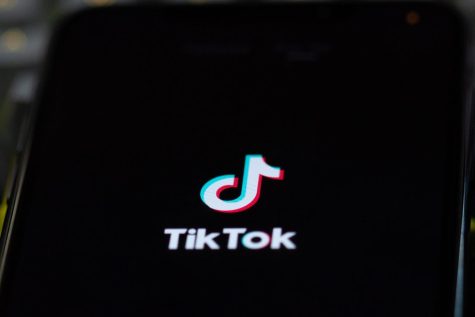
According to the University of Pennsylvania’s School of Medicine, sleep improves memory retention and recall by 20-40 percent. This doesn’t have to be 1 sleep period in the evening, naps count too! Knowing you have a test coming up and organizing study time so that you can take naps or get a good night’s sleep is vital to effective test-taking and studying.
Sleep can also affect our mental health. A study by the CDC showed that participants who averaged 6 hours or less of sleep per night were 2.5 times more likely to have frequent mental distress than those who averaged more. Increasing sleep can help us interact better with our life stressors and ace our tests.
Many of us have developed a habit of going on our phones right before bed, but breaking this habit might be more beneficial than you think. Our phones, along with other device screens, generate blue light which comes from blue wavelengths. A Harvard study showed that while all light can affect our melatonin production, blue light suppresses our melatonin for about twice as long and shifts our circadian rhythms two times as much.
Putting our phones away 2-3 hours before we go to bed is a simple way to improve our sleep and an easy habit to implement into our nighttime routines.
EXERCISE:
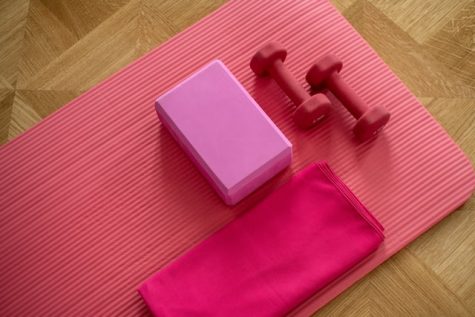
According to the CDC, there is a direct correlation between academic achievement and physical activity. Students who are more physically active tend to have better grades, higher school attendance, better memory, and are more on task in class. This is because higher physical activity can improve your cognitive health which helps you think, learn, solve problems, and asses your emotions while simultaneously improving memory and reducing anxiety and depression.
Exercise looks different to everyone and to achieve those results you don’t have to become an elite athlete overnight. A consistent routine of moving your body and taking care of your physical health is more than enough.
FOOD:
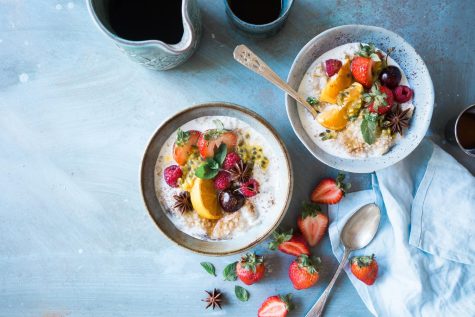
The key to enhancing brain power might be closer than you think. Take a small journey to the kitchen and you’ll find your next brain hack right in the fridge! According to the Harvard Medical School, green leafy veggies, fatty fish, berries, walnuts, and even tea and coffee have all been proven to help slow cognitive decline or improve memory.
The foods you eat affect your neurons, with unhealthy foods causing inflammation and stopping the formation of new neurons. This can contribute to mental illnesses such as depression.
Meal planning or setting aside time to put together healthy snacks to prevent constantly eating unhealthy foods is a great way to apply better eating habits and help your physical and mental health.
SOURCES:
Blue Light has a Dark Side| Harvard Medical School
Foods Linked to Better Brain Power| Harvard Medical School
Physical Activity Boosts Brain Health| CDC
Effect of Inadequate Sleep on Frequent Mental Distress| CDC
How Electronics Affect Sleep| Sleep Foundation
Procrastination and Sleep Statistics| Cision PR Newswire
Tiktok is the Worst App for Disrupting your Sleep| Men’s Health
The Impact of Sleep on Learning| UPENN School of Medicine
Healthy Meal, Happy Brain: How Diet Affects Brain Functioning| Frontiers





